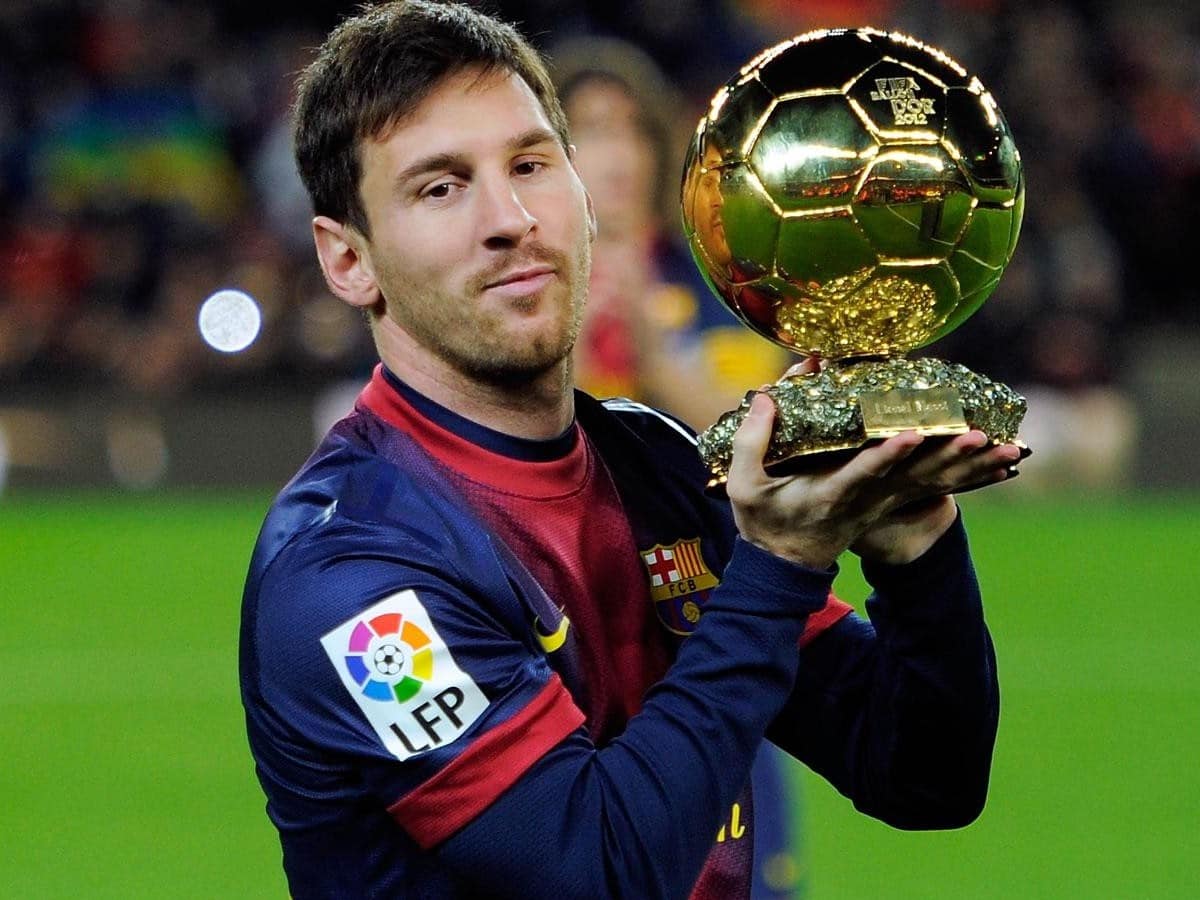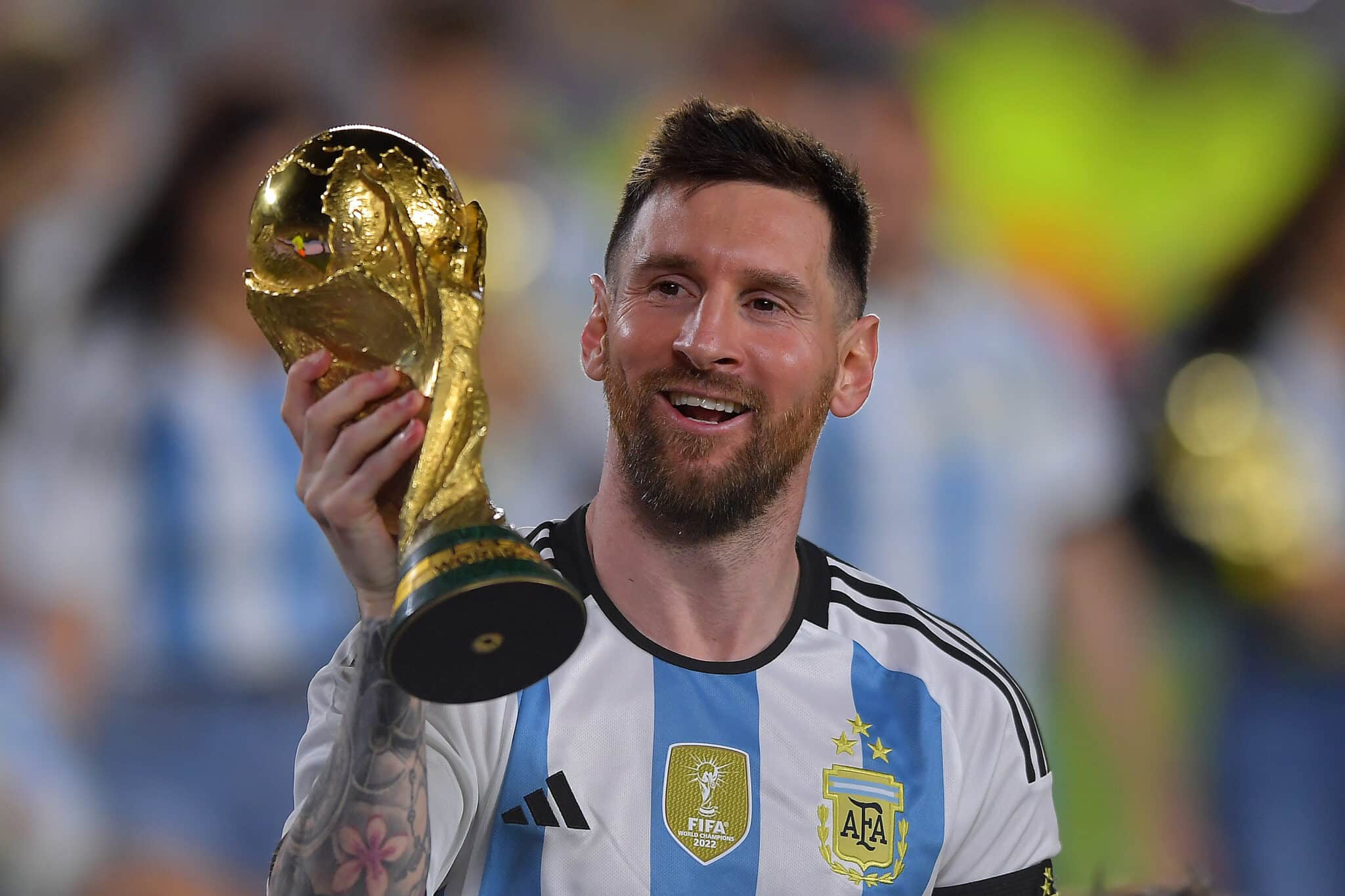Introduction
Lionel Messi, one of the most celebrated footballers in history, has captivated audiences worldwide for his exceptional talent and inspiring journey. Recent discussions have raised the question “Does Messi have a disability?” particularly traits associated with autism spectrum disorder (ASD). This article delves into this connection and explores the broader implications of neurodiversity in sports.
Success Stories
“Move Up ABA has been a lifeline for our family. Before starting therapy, our son struggled with daily routines and communication. Now, he’s more independent and even initiated a conversation with a classmate for the first time! The progress we’ve seen in just six months is truly remarkable.”
- Emily R., Silver Spring, Accountant
“As a single dad, I was overwhelmed trying to manage my child’s behavior. The Move Up ABA team not only provided amazing support for my little girl but also taught me practical strategies to use at home. Their in-home sessions fit perfectly with our busy schedule. I’m so grateful for their patience and expertise.”
- Michael T., Rockville, Middle School Teacher
“We were hesitant about starting ABA therapy, but Move Up ABA’s approach put us at ease from day one. Our twins have made incredible strides in their social skills and self-regulation. The therapists are like extended family now, and we couldn’t be happier with our decision to work with them.”
- Aisha and James L., Simpson, Police Officers
Ready to start your child's journey to success? Schedule a free consultation today! 📞 Call (410) 497-8865.
Understanding Autism Spectrum Disorder
Autism Spectrum Disorder is a complex neurodevelopmental condition characterized by a range of symptoms affecting social interaction, communication, and behavior. The term “spectrum” highlights the variety of experiences and abilities of individuals diagnosed with autism.
Key Characteristics of Autism
- Social Interaction Difficulties: Individuals with ASD often struggle with understanding social cues and engaging in typical social behaviors.
- Repetitive Behaviors: Many displays repetitive movements or follow strict routines, providing stability.
- Unique Strengths: Autistic individuals may exhibit exceptional talents, particularly in mathematics, art, and sports.
Messi’s Background

Lionel Messi was diagnosed with growth hormone deficiency at a young age, which impacted his physical development and required medical intervention. While this condition is not directly related to autism, it set the stage for Messi to overcome significant challenges to achieve his dreams.
Overcoming Challenges
Despite facing physical hurdles, Messi’s dedication and resilience propelled him to the pinnacle of football.
His story of perseverance amidst the misconceptions and difficulties in his career resonates with many, serving as a beacon of hope for individuals overcoming adversity.
The Intersection of Autism and Athletic Performance
While Messi has not publicly identified as autistic, the question “Does Messi have a disability?” often arises due to discussions around his behavior and cognitive traits, prompting a closer examination of the relationship between autism and exceptional performance in sports.
Potential Neurodiverse Traits
Some experts suggest that Messi may possess characteristics often associated with neurodiversity, such as:
- Intense Focus: His ability to concentrate on the game and anticipate plays is remarkable.
- Creative Problem Solving: Messi’s innovative playing style reflects a unique perspective on games, often leading to unexpected and strategic plays.
The Role of Public Figures in Raising Awareness

Questions such as “Does Messi have a disability?” can spark meaningful conversations that foster greater understanding and acceptance.
Advocacy for Inclusivity
Increased representation of neurodiverse individuals in sports and media can challenge stereotypes and promote inclusivity. Advocacy groups work to raise awareness, emphasizing that diverse cognitive profiles can lead to extraordinary achievements.
Conclusion
The exploration of Lionel Messi’s potential connection to autism highlights the importance of understanding neurodiversity in sports and society at large.
By recognizing the unique experiences of individuals on the spectrum, we can foster a more inclusive environment that values diverse abilities and perspectives.





